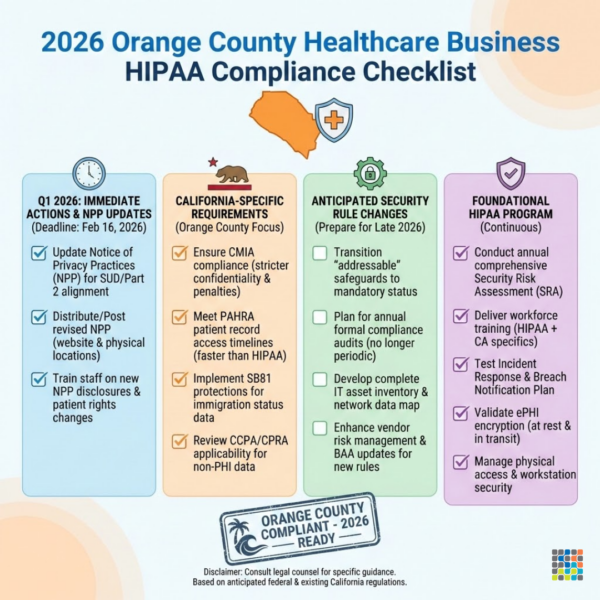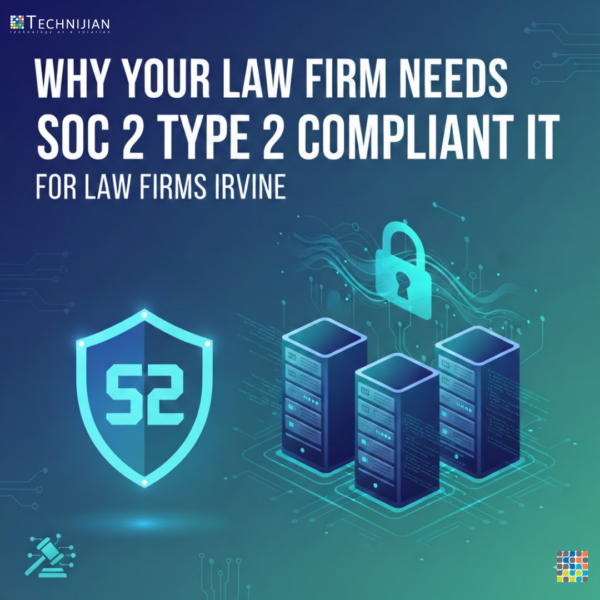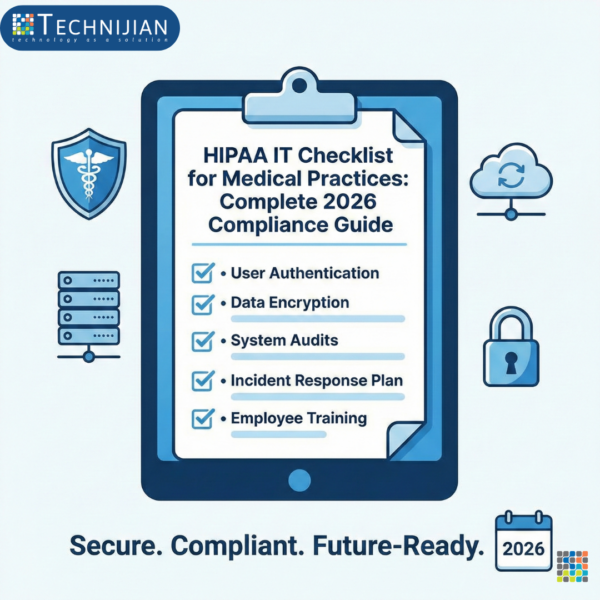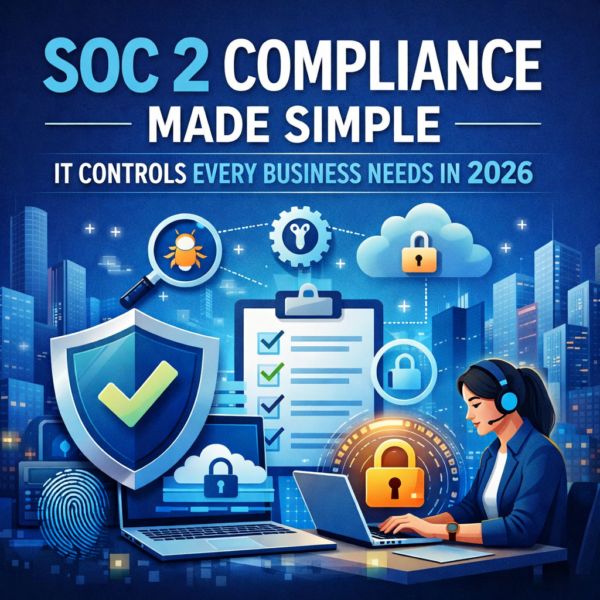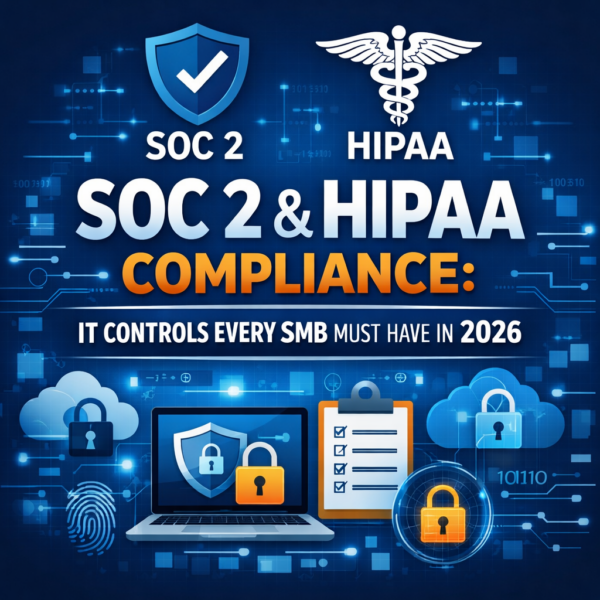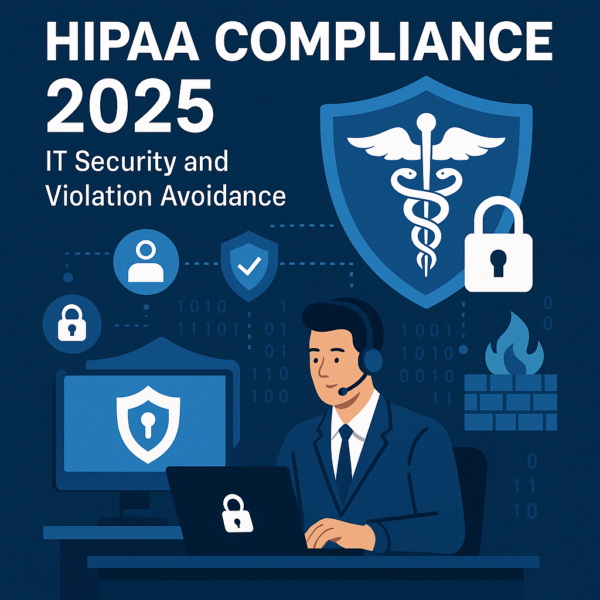Achieving and Maintaining Audit Compliance: Your Path to Confidence and Trust
Audit compliance is an important part of modern corporate operations since it ensures that firms follow specified legislation, standards, or best practices. Whether it’s financial, regulatory, or industry-specific compliance, completing audits effectively is critical for establishing confidence, avoiding legal concerns, and proving your dedication to transparency and accountability. Here’s why audit compliance is important, as well as how to attain and maintain it:
Why Audit Compliance Matters:
- Trust and Reputation: Compliance demonstrates your commitment to integrity and accountability. It builds trust with stakeholders, including customers, partners, investors, and regulatory bodies.
- Legal Obligations: Many industries and organizations are subject to regulatory requirements. Non-compliance can lead to fines, legal action, and damage to your business’s reputation.
- Data Security: Compliance often involves data security measures. Ensuring compliance protects sensitive data, reducing the risk of data breaches and associated consequences.
- Efficiency and Effectiveness: Compliance often includes best practices that can streamline operations and improve efficiency, which can lead to cost savings and better performance.
- Achieving and Maintaining Audit Compliance:
- Know Your Regulations: Understand the specific regulations, standards, or requirements that apply to your industry or organization. Stay updated on any changes.
- Risk Assessment: Conduct regular risk assessments to identify potential compliance gaps and vulnerabilities.
- Compliance Team: Designate a compliance team or officer responsible for overseeing compliance efforts and staying informed about industry trends and changes.
- Documentation: Maintain thorough records and documentation of all relevant processes, policies, and procedures.
- Regular Audits: Conduct internal audits to proactively identify and address compliance issues. Consider third-party audits for an objective assessment.
- Training and Education: Provide ongoing training and education to your employees to ensure they understand and follow compliance requirements.
- Technology Solutions: Implement compliance management software and tools to streamline documentation and reporting.
- Incident Response Plan: Develop and test an incident response plan to address any non-compliance issues promptly and effectively.
- Continuous Improvement: Use audit findings as opportunities for improvement. Continuously refine your processes and policies to enhance compliance efforts.
Benefits of Successful Audit Compliance:
- Trust and Reputation: Compliance builds trust with stakeholders and enhances your organization’s reputation.
- Risk Mitigation: Compliance efforts reduce the risk of legal issues, financial penalties, and operational disruptions.
- Competitive Advantage: Being known as a compliant organization can provide a competitive edge in the marketplace.
- Data Protection: Compliance measures protect sensitive data, reducing the risk of data breaches.
- Efficiency and Performance: Compliance often leads to more efficient and effective operations, improving overall business performance.
In conclusion,
audit compliance is not just a box to check; it’s a strategic imperative. It ensures that your organization operates within the boundaries of relevant regulations and standards, safeguarding your reputation and minimizing legal risks. By taking a proactive approach, maintaining accurate records, and continually improving your compliance efforts, you can not only meet audit requirements but also thrive in an environment of trust and accountability.
